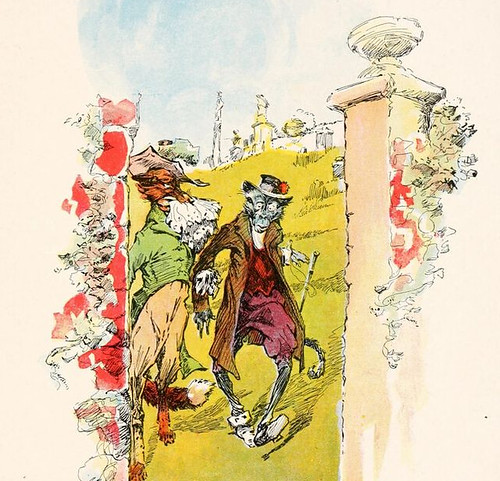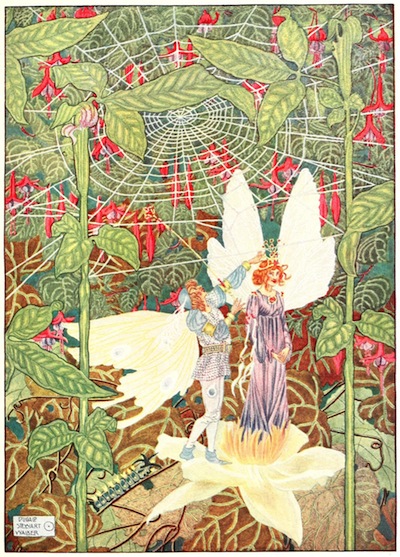HODIE (Roman Calendar): ante diem tertium decimum Kalendas Novembres.
MYTHS and LEGENDS: The art image for today's legend shows Medea; you can also see the legends for the current week listed together here.

TODAY'S MOTTOES and PROVERBS:
TINY MOTTOES: Today's tiny motto is: Nil temere (English: Nothing rashly).
3-WORD PROVERBS: Today's 3-word verb-less proverb is Musica donum dei (English: Music is a gift of God)
AUDIO PROVERBS: Today's audio Latin proverb is Vade ad formicam, o piger! (English: Turn to the ant, you lazy person!). To read a brief essay about this proverb and to listen to the audio, visit the Latin Via Proverbs blog.
PUBLILIUS SYRUS: Today's proverb from Publilius Syrus is: Amare et sapere vix deo conceditur (English: To both love and be wise is hardly possible even for a god).
ERASMUS' ANIMALS: Today's animal proverb from Erasmus is Qui inspuerit in agmen formicarum, huic intumescant labra (English: He who spits in the anthill gets swollen lips; from Adagia 4.6.80).
BREVISSIMA: The distich poster for today is Similis Similem Sibi Quaerit. Click here for a full-sized view.

And here are today's proverbial LOLcats:


TODAY'S FABLES:
FABULAE FACILES: The fable from the Fabulae Faciles widget is Avarus et Poma Marcescentia, a hilarious little story about a greedy man and his son (this fable has a vocabulary list).
MILLE FABULAE: The fable from the Mille Fabulae et Una widget is Simia et Vulpes, Iter Facientes, a story about a boastful monkey.

Greek Bible Art - and Latin and English, too. Below is one of my Greek Bible Art graphics; for the individual Greek, Latin and English versions of the graphic, see the blog post: λάβετε φάγετε, τοῦτό ἐστιν τὸ σῶμά μου. Accipite, et comedite: hoc est corpus meum. Take, eat; this is my body.

Myth and Folklore Books. I'm accumulating some book recommendations for the classes I teach and wanted to share them here. Today's book is Fairy Tales by Hans Christian Andersen; you can see the table of contents here. This is a free Amazon Kindle eBook, and you don't need a Kindle to read it - you can read Kindle books on any computer or mobile device, or you can use the Amazon Cloud Reader in your browser.
